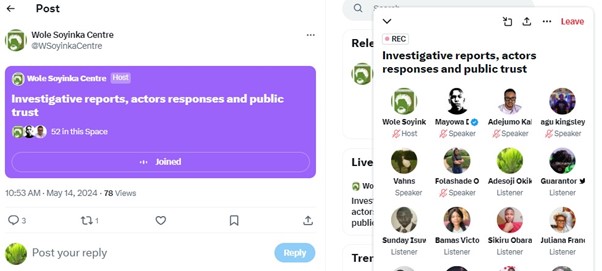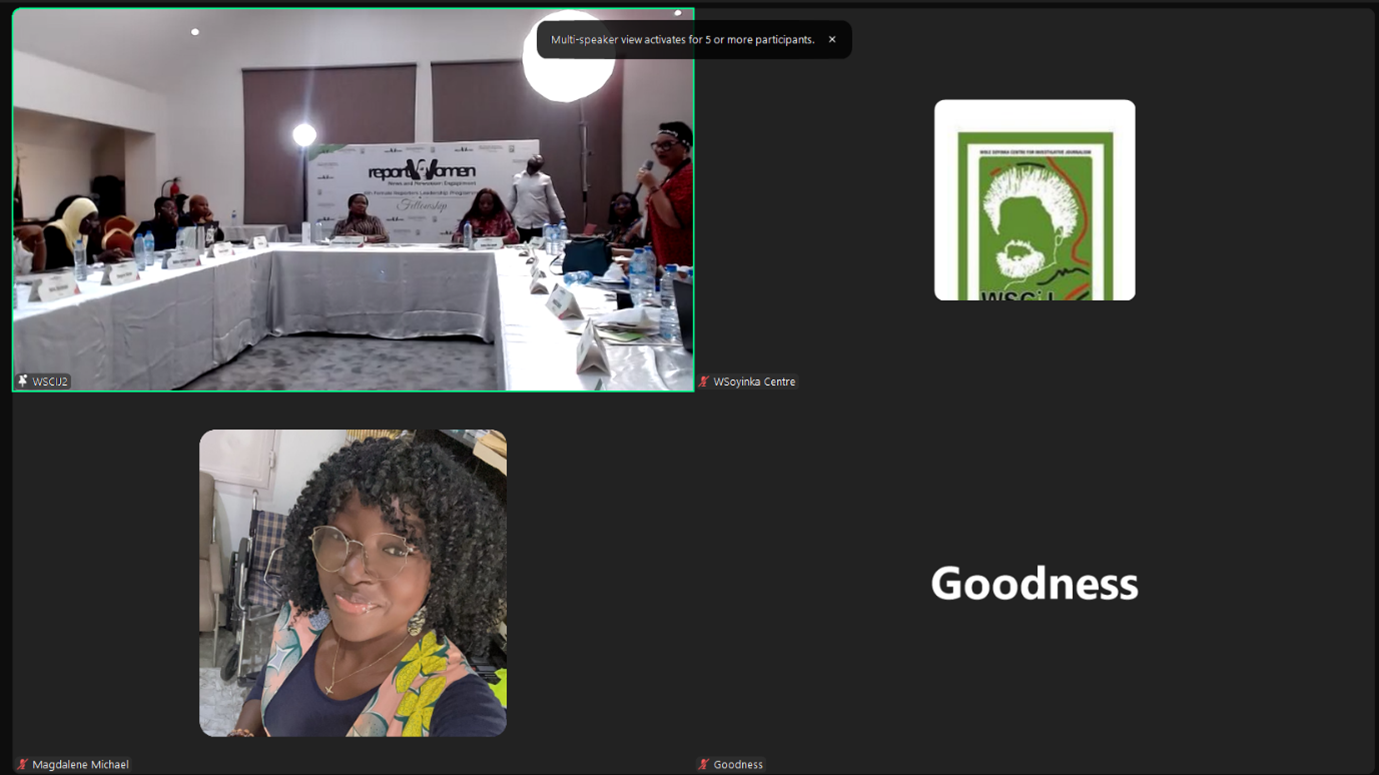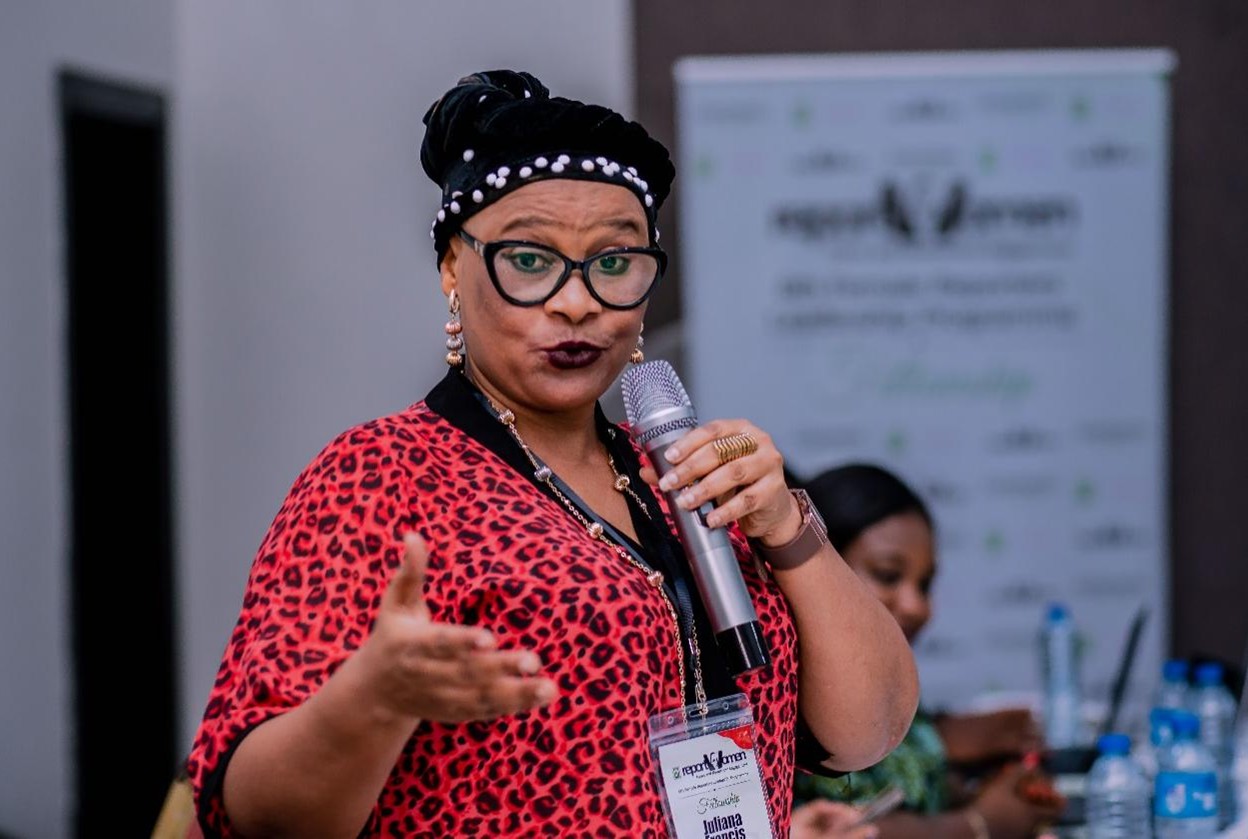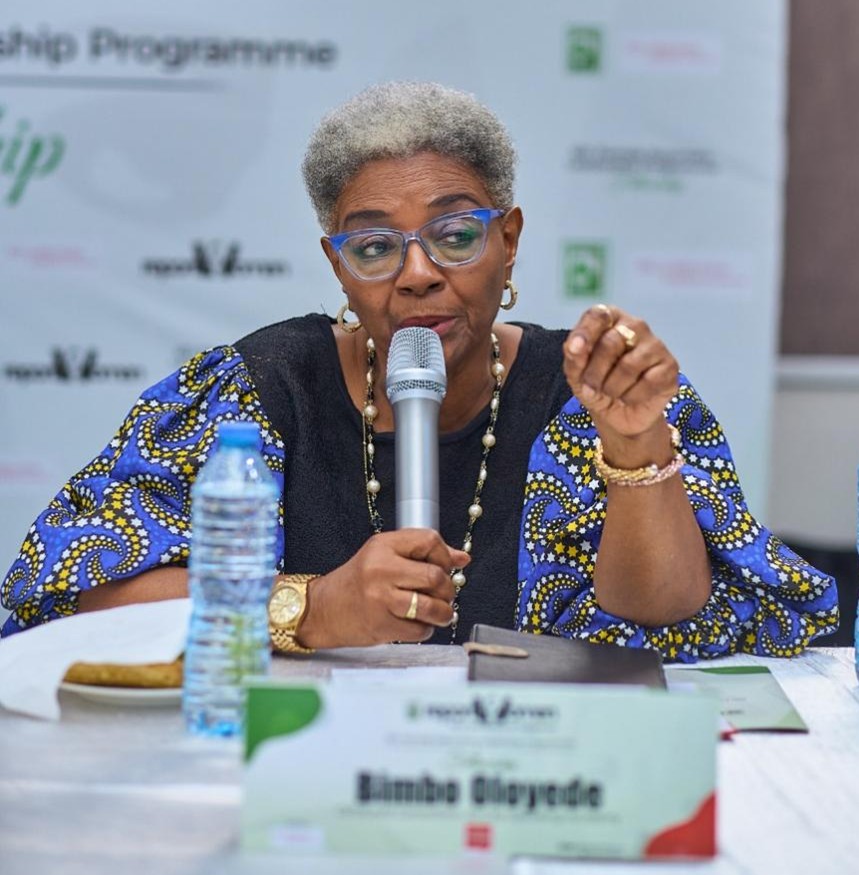Panellists at the Journalism & Society Conversations hosted by the Wole Soyinka Centre for Investigative Journalism (WSCIJ), on Tuesday, 14 May 2024, highlighted the importance of media collaboration with Civil Society Organisations (CSOs) and among themselves, prioritising journalists’ safety, and encouraging citizen engagement for promoting impactful reporting and strengthening the culture of accountability in Nigeria.
The conversation themed ‘Investigative reports, actors responses and public trust,’ featured Kingsley Agu, Director, Community Engagement, Connected Development; Victoria Bamas, Editor, International Centre for Investigative Reporting; Adejumo Kabir Adeniyi, Editor, Southern Operations, HumAngle; and Andrea Kwen, human rights lawyer as panellists, while Folashade Ogunrinde, Investigative Reporter, Premium Times was the moderator.
Olaoluwa Adeleye, Programme Officer, WSCIJ, opened the discussion. He highlighted the importance of investigative reports in uncovering hidden facts and their capacity to incite changes or provoke public responses. He noted that the effectiveness of these reports depends largely on the reactions of various stakeholders – government officials, citizens, CSOs, and law enforcement agencies. Adeleye observed that these reactions are crucial elements that build public trust in the media and existing institutions.
Highlighting the minimal response to investigative reports in Nigeria, Bamas attributed it to inactive government agencies and citizens’ limited knowledge of their civic rights. She observed that while investigative reports sometimes prompt action, they are frequently ignored, and journalists face Strategic Lawsuits Against Public Participation (SLAPP) aimed at silencing them. To ensure the safety of journalists and maintain the integrity of investigations, Bamas emphasised the importance of starting at the story pitch stage, with editors understanding their reporters’ capacities. She also advocated for collaborations with local CSOs, meticulous proofreading and thorough fact-checking to prevent lawsuits.
Media partnerships with CSOs, Agu noted, can make investigative stories more relatable and comprehensible. CSO resources can further empower journalists by aiding accountability efforts and offering legal support. He also encouraged the news media to translate investigative reports into indigenous languages for wider local dissemination. Agu emphasised the importance of journalists maintaining neutrality to avoid undue scrutiny of their reports.
Kwen expressed concern that investigative reports are often dismissed as gossip due to a lack of appreciation for their importance. She emphasised the media’s responsibility to humanise stories and prompt public reactions. The legal practitioner suggested regular media-government interactions to discuss policy changes and operational improvements. She advocated for investigative journalists to identify support systems and prioritise their well-being due to real safety threats.
During the questions and comments session, Sunday Isuwa, News Editor, Leadership, cautioned against investigative journalists becoming tools for vested interests to target adversaries. He urged journalists to normalise investigating reports done by other journalists to establish the truth. Meanwhile, Bimbo Oloyede, veteran broadcaster, appealed for citizens engagement with stories so that the citizens can mount pressure on government. She proposed the formation of social groups comprising citizens interested in accountability and good governance to amplify discussions sparked by media reports, to help shield journalists from attacks.
The WSCIJ Journalism & Society Conversations is an online forum facilitating discussions on the role of media in society, both nationally and globally. This virtual platform offers a safe environment for stakeholders to assess media performance and exchange experiences.








